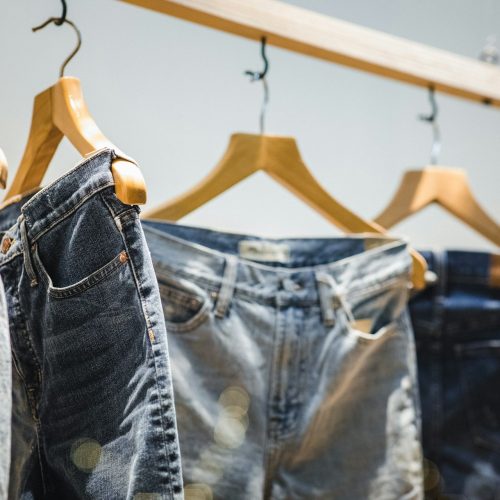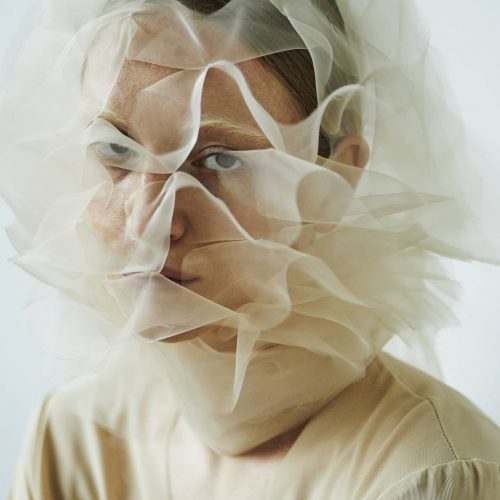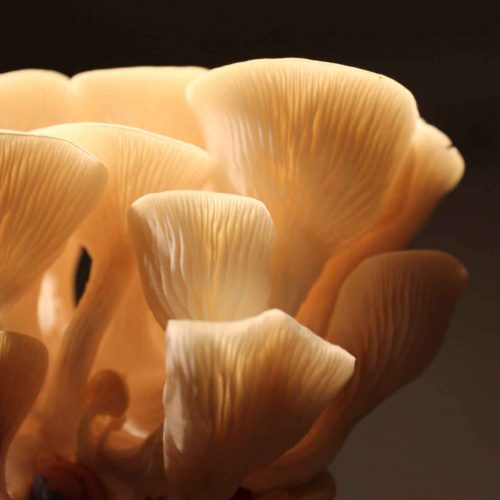The Chunky Rings Trend | Achieve The Look In A Sustainable Way
The latest fast fashion trend of plastic chunky rings shows no sign of stopping. The chunky rings appeared to accompany the recent resurgence of early 2000s trends, being worn with low-waisted jeans and slick buns. However, this plastic jewellery has a short life span, often lasting only a few years. Wasting the hazardous waste and resources that went into creating it. Thankfully, we don’t need to rely on fast fashion brands for our own chunky rings. There are some great sustainable brands out there making our early 2000s dreams come true.
To receive the Luxiders newsletter, sign up here.
HOW TO KNOW IF YOUR JEWELLERY IS SUSTAINABLE
PUT DOWN THE PLASTIC RESIN!
Nearly all the popular fast-fashion chunky rings on the market are crafted from polymer clay. The issue with this material is that it isn’t long-lasting. Even when buying from professionals, polymer rings are often not consistent. They can be flimsy, break easily, and generally don’t have long life spans. Other brands opt for polyester resin. This cheapest form of resin is anything but sustainable. The creation of resin involves crude oil and harmful gases in the refining process. This results in pollution of both the air and soil.
Instead, opt for eco-friendly metals and materials. Look for recyclable or ethical gold or plastic for your jewellery. Especially, recycled gold is incredibly durable. These products may be on the pricier side, but this demonstrates their quality and longevity.
TRANSPARENCY SURROUNDING SUPPLY CHAINS
It’s important to know where your materials come from, but this is just the start of the journey. A key feature of sustainable jewellery brands is a fully traceable and transparent supply chain, from source to shelf. This should include ethical production methods, with collaborators earning a living wage every step of the way. Fair trade gold is one initiative providing an independent ethical certification system, which ensures fair pay for small-scale artisans and gold miners.
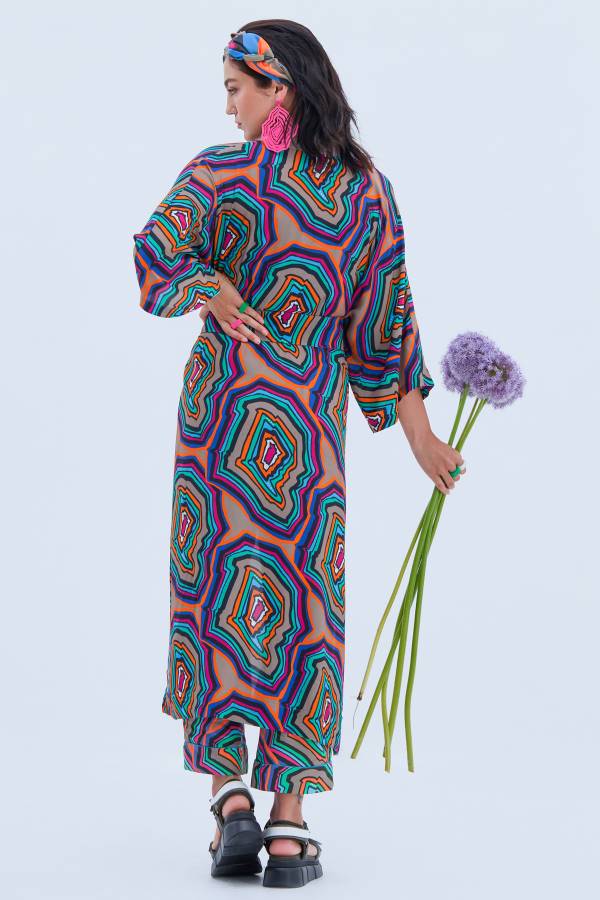
© LOVE HERO
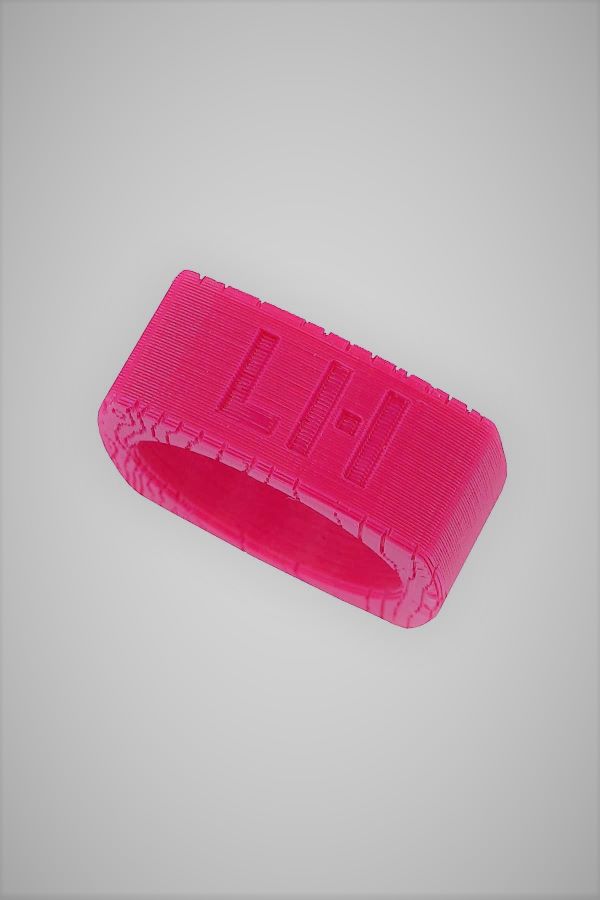
© LOVE HERO
BRANDS THAT HAVE SUSTAINABILITY AT HEART
LOVE HERO
Started by two designers who met purely by fate, LOVE HERO stands for protection and passion in how we treat our world and environment. Their 3D-printed rings are one of a kind. Completely sustainable, using responsibly sourced and recycled materials. If you change your mind about an item, you are encouraged to send it back to be upcycled or recycled to ensure their products bring no harm to any ecosystem.
Heather McDonough, accessories designer for LOVE HERO explained their choice behind 3D printing and the choice of manufacturer: “We created our colourful 3D printed rings with our locally based manufacturing partners Batch. Their sustainable and lean manufacturing methods enabled us to create accessories that produce minimal to no waste in the production process and can be made in small production runs or On Demand. This short supply chain gives us confidence in our product’s sustainable journey, using certified sustainable materials often sourced from stock colours to decrease waste.”
Heather continued, highlighting LOVE HERO’S true love for 3D printing. “Batch’s aesthetic also embraces the true nature of 3D printing by highlighting a layered construction, not hiding the true nature of the process. We worked closely with their design team to create beautiful and unique objects, pushing the boundaries of accessory design within the industry. 3D printing means in the future we can print our accessories in a shop, in our studio or with our manufacturing partners.”
LOVE HERO doesn’t just stop at materials, it takes extra precaution surrounding who the brand works with. As Heather details “We work with like-minded producers who are also driven by sustainable solutions which change perspectives one product at a time. We then focus on materials that can be circular and are certified by the appropriate governing body to ensure the raw or recycled sources are genuine.”
Curious about their supply chain? Their website retraces their chain with each step: “We then make our supply chain transparent with ¡Retraced, clicking on the Retraced icons on our product pages displays the verified credentials of each of our products.”
LOVE HERO isn’t just focusing on the present, they’re also looking toward the future. “Making only what we need should be the focus of not only the future fashion industry but each aspect of what we do as consumers on the planet.”
As Heather explains “Creating On-Demand production hubs in the UK, EU and USA to start with will shorten the distance our products need to travel from production to customer. They will be produced in a competitive timeframe to ensure customer satisfaction and there will be no heavily discounted sales or deadstock at the end of a ‘season’ to go to landfill as there is with traditional manufacturing methods.”
“Making only what we need should be the focus of not only the future fashion industry but each aspect of what we do as consumers on the planet.”
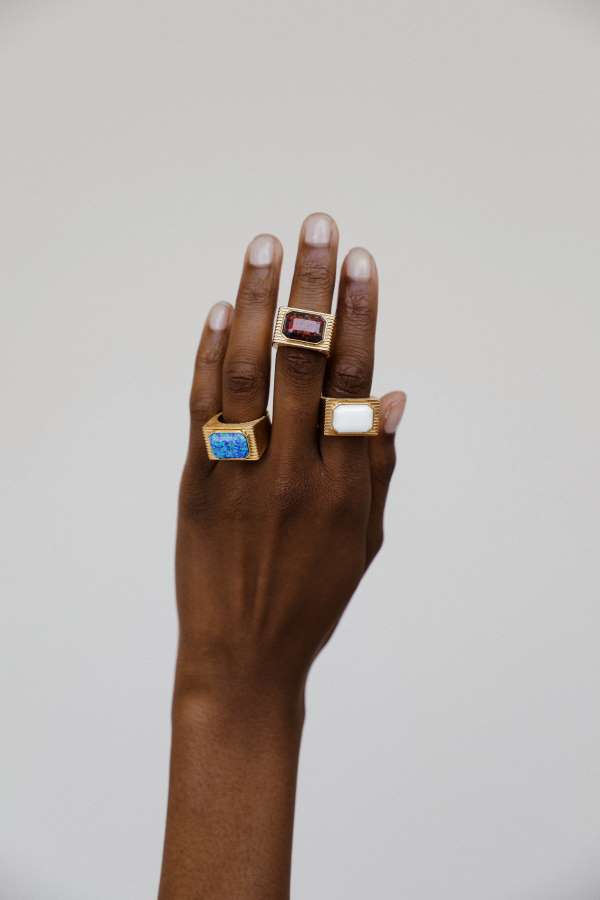
© Hey Harper
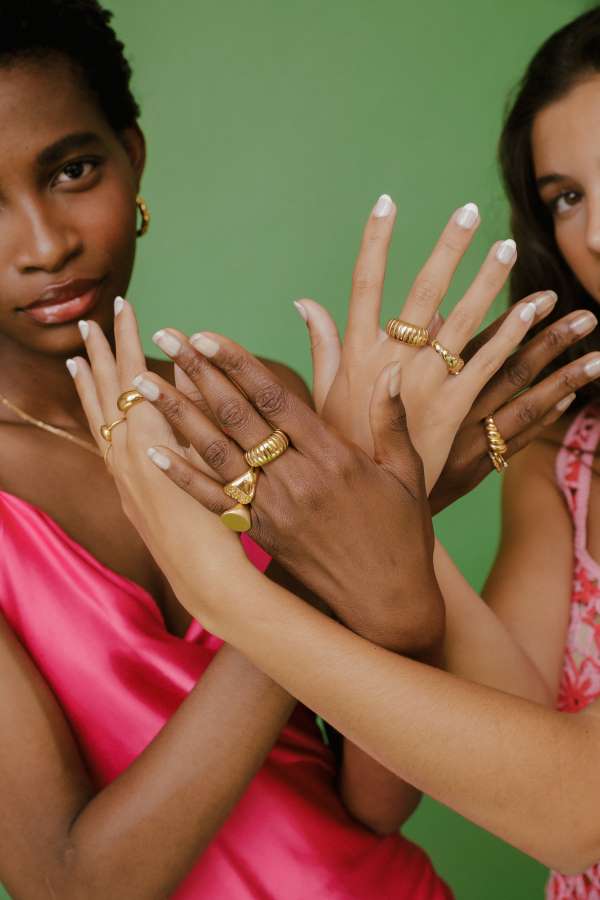
© Hey Harper
HEY HARPER
Lisbon based jewellery brand Hey Harper specialises in waterproof jewellery. All their rings are made of stainless steel which is 100% recyclable. They also use PVD as their waterproof solution, which does not create any hazardous waste in the solution process. They are transparent about their Chinese suppliers but assure their customers they keep a close eye on ethical business practices.
As confirmed by Maria Almeida, VIP relations assistant at Hey Harper their stance surrounding their anti-luxury principle is at times, misunderstood: “We stand for quality jewellery, and that's not a luxury but a standard. Being anti-luxury is not being against the luxury industry, in fact, we have a lot to learn from it.” Maria explains further “It is standing for the belief that good quality products shouldn't rhyme with high prices.”
As a brand that strives for affordability, it may be assumed that also championing sustainability would be difficult. Cheaper prices have become synonymous with fast fashion. But as Maria states, Hey Harper takes extra effort to minimise their environmental impact: “Our brand mission is to deliver jewellery with amazing quality that doesn't come at our Earth's and Wallet's expense.”
Maria continues “All our pieces are waterproof, which allows quitting the cycle of throwing away your favourite jewellery "only" because it lost its colour after a few usages. Our efforts don't stop on providing jewellery that lasts, but also part of our resources making sure our product, office, packaging, and even daily habits reflect these values.”
Going into further detail surrounding their material choice, Maria explains their use of stainless steel. “Our pieces are made of stainless steel, a 100% recyclable material and is one of the least energy and resource-intensive metals. Regarding the coating, we focused on choosing the lowest environmentally impacting one.” What makes their jewellery sustainable, is their use of a PVD solution, which they chose for its ethical impact: “We are proud to be using PVD - Physical Vapor Deposition, which does not create any of the hazardous waste and the colouring process does not limit the recycling value of stainless steel.”
Therefore, Hey Harper doesn’t view sustainability as a difficult choice. It is instead a necessary one. “It is not difficult to make our work sustainable, but a path we must follow. We keep evolving and learning along the way, to better understand how we can more effectively reduce our negative impact on Earth. Simple gestures can be the spark to the fire.” Maria says.
Outside of their commitment to the environment, they are also committed to transparency at every stage. To ensure their Chinese suppliers were ethical, Maria clarifies the measures in place: “The first step we implemented was to only work with suppliers who have a plan to reduce their environmental impact. All our suppliers signed a Social & Environmental Responsibility policy at the beginning of our partnership where they state their current ways of working and what they plan to implement in the future.”
"It is not difficult to make our work sustainable, but a path we must follow."
CAN’T FIND WHAT YOU LIKE? TRY DIY
A cheaper way to achieve the chunky ring trend would be making your own. Polymer clay isn’t eco-friendly (it is PVC based). There are ways you can make it more sustainable: you can opt for water and wood-based versions. Buying small batches as well will minimise the waste. Alternatives that sustainable artisans are trying are Cold Porcelain and Paper Clay. However, they aren’t as easy to use as polymer clay and can be difficult to cut. Keep this in mind before buying in bulk, and ensure you do your own research.
+ Words:
Emily Fromant
Luxiders Magazine

